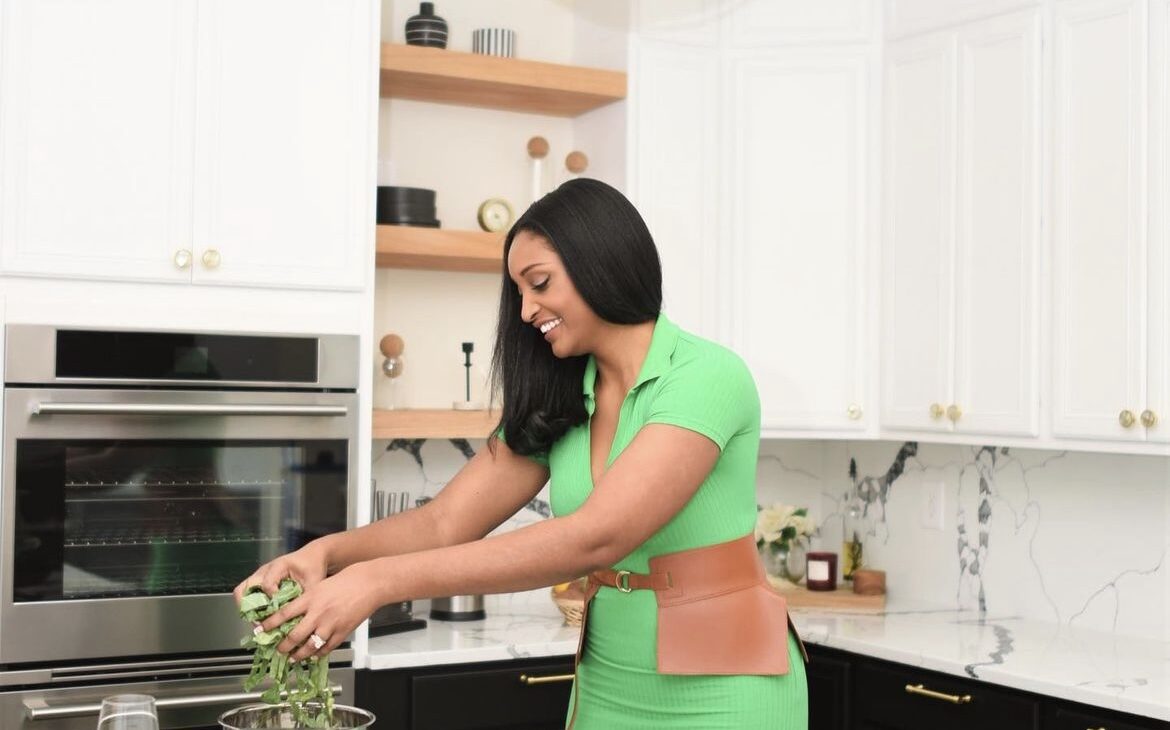The Modern Dilemma: Is It Acceptable to Not Cook for Your Man?

In a world that’s changing faster than ever, it’s no surprise that traditional gender roles are being challenged and redefined. And one area where this debate is particularly heated is in the kitchen! Should women feel obligated to cook for their male partners? Is cooking a crucial part of a healthy relationship? Or is it time to break free from gender stereotypes and let everyone decide for themselves? Join me as we dive deep into this fascinating and controversial topic!
Have you ever wondered if it’s acceptable to not cook for your significant other as a modern woman navigating the complexities of relationships and societal expectations? I know I have! Growing up, I was taught that showing love and care through preparing meals was a must, but let’s be real, times are changing and women are breaking free from the kitchen. The cultural weight behind the notion of a woman’s role in the kitchen is being challenged, and it’s time to explore new possibilities. Let’s dive into this exciting topic together!
As I’ve matured and formed my own beliefs, I’ve come to understand that relationships are built on mutual respect, understanding, and communication rather than adherence to traditional gender roles. In today’s world, both partners often have demanding careers and responsibilities outside the home, making it unrealistic to expect one person to shoulder the burden of cooking every meal.
For me, it’s crucial to have open and honest conversations with my partner about our expectations, preferences, and division of labor in the relationship. This means discussing things like cooking, grocery shopping, and meal planning to find a balance that works for both of us.
Furthermore, it’s essential to recognise that not everyone enjoys cooking or has the time and energy to devote to it regularly. Just because I may not be inclined to spend hours in the kitchen preparing elaborate meals doesn’t mean I love my partner any less. There are countless ways to show affection and appreciation that extend beyond cooking, such as quality time together, acts of service, or words of affirmation.
Ultimately, the decision to cook or not cook for your partner should be based on mutual respect, understanding, and communication within the relationship. It’s okay to not fit into traditional gender roles and to forge a path that feels authentic and fulfilling for both partners. As long as there is love, support, and a willingness to work together, the question of who does the cooking becomes secondary to the strength and harmony of the relationship.



